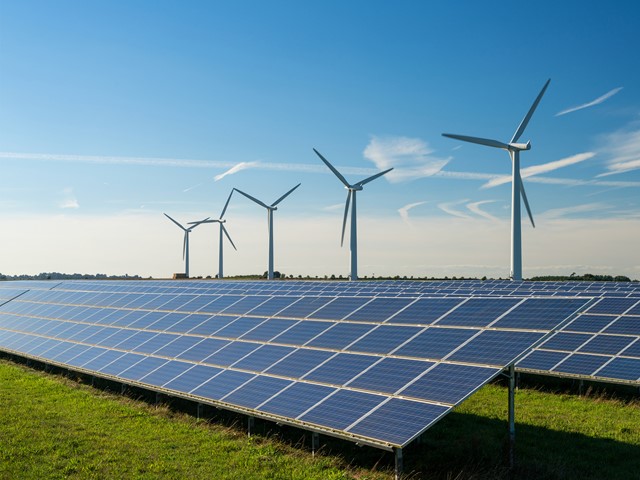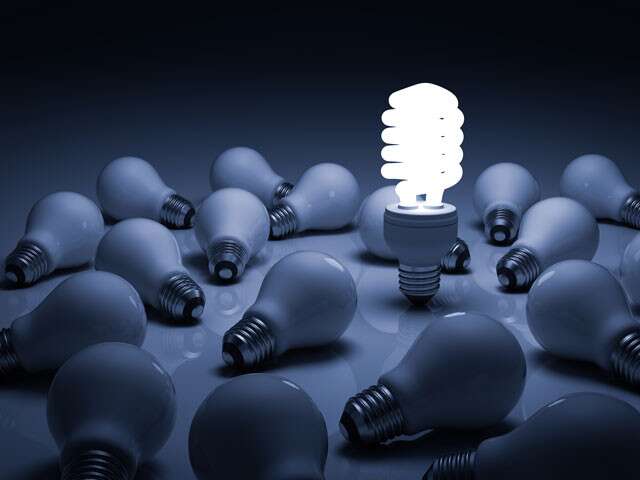Investment in Energy Efficiency
In today’s world, where environmental concerns are at the forefront of our minds, making your home more energy-efficient is not only a responsible choice but also a financially savvy one. Reducing your energy consumption not only helps the planet but can significantly lower your utility bills. In this article, we will explore some simple yet effective ways to make your home more energy-efficient.
1. Upgrade Your Insulation
One of the primary reasons for energy waste in homes is inadequate insulation. Proper insulation helps maintain a consistent indoor temperature, reducing the need for heating or cooling. If your home is not adequately insulated, consider upgrading it. Insulating your attic, walls, and floors can significantly impact your energy consumption, keeping your home warmer in the winter and cooler in the summer.
2. Seal Air Leaks
Drafts and air leaks can make your heating and cooling systems work harder to maintain the desired temperature. To prevent this, inspect your home for gaps around windows, doors, and any openings for pipes and wires. Seal these gaps with caulk or weatherstripping to keep conditioned air from escaping and outside air from entering.
3. Install Energy-Efficient Windows
Replacing old, drafty windows with energy-efficient ones can lead to substantial energy savings. Energy-efficient windows are designed to minimize heat transfer, helping to maintain a comfortable indoor environment. They also reduce the need for artificial lighting due to their superior ability to allow natural light into your home.
4. Opt for LED Lighting
Lighting accounts for a significant portion of a home’s energy consumption. To reduce this, replace incandescent bulbs with LED lights. LED bulbs use less energy, last longer, and emit less heat. Additionally, they are available in a variety of styles, making it easy to find ones that suit your home’s aesthetic.
5. Upgrade Appliances
Older appliances tend to be less energy-efficient than their modern counterparts. If your refrigerator, dishwasher, or washing machine is more than a decade old, consider replacing them with Energy Star-rated appliances. These appliances meet strict energy efficiency guidelines set by the U.S. Environmental Protection Agency (EPA) and can significantly reduce your energy consumption.
6. Maintain Your HVAC System
Regular maintenance of your heating, ventilation, and air conditioning (HVAC) system is crucial for energy efficiency. Change air filters regularly, clean the system’s components, and schedule annual professional inspections. A well-maintained HVAC system operates more efficiently and consumes less energy.
7. Use a Programmable Thermostat
A programmable thermostat allows you to set different temperature settings for various times of the day. For example, you can lower the temperature when you’re away at work and raise it just before you return home. This smart usage can lead to significant energy savings by reducing unnecessary heating or cooling.

8. Harness Solar Energy
Installing solar panels on your roof is an excellent long-term investment in energy efficiency. Solar panels generate electricity from sunlight, reducing your reliance on traditional power sources. Depending on your location and energy consumption, you may even be able to sell excess energy back to the grid.
9. Reduce Water Usage
Water heating can account for a substantial portion of your energy bill. To reduce this, consider installing low-flow showerheads and faucets. Additionally, insulate your water heater and set its temperature to a reasonable level, typically around 120°F (48°C).
10. Unplug Electronics When Not in Use
Many electronic devices continue to consume energy even when turned off or in standby mode. To combat this “phantom” energy usage, unplug chargers, appliances, and electronics when they are not in use, or use power strips to easily disconnect multiple devices at once.
Conclusion
Making your home more energy-efficient is a responsible choice that benefits both the environment and your wallet. These ten simple yet effective steps can help you reduce your energy consumption, lower your utility bills, and contribute to a greener, more sustainable future. By taking action today, you can enjoy a more comfortable home while minimizing your impact on the planet. If you want more information about an investment in energy efficiency, visit Mitmunk to learn more.




